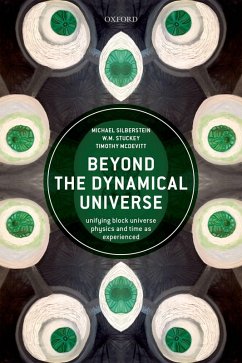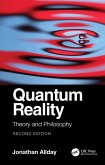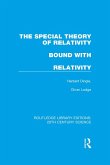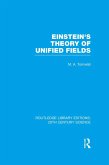Theoretical physics and foundations of physics have not made much progress in the last few decades. Whether we are talking about unifying general relativity and quantum field theory (quantum gravity), explaining so-called dark energy and dark matter (cosmology), or the interpretation and implications of quantum mechanics and relativity, there is no consensus in sight. In addition, both enterprises are deeply puzzled about various facets of time including above all, time as experienced. The authors argue that, across the board, this impasse is the result of the "dynamical universe paradigm," the idea that reality is fundamentally made up of physical entities that evolve in time from some initial state according to dynamical laws. Thus, in the dynamical universe, the initial conditions plus the dynamical laws explain everything else going exclusively forward in time. In cosmology, for example, the initial conditions reside in the Big Bang and the dynamical law is supplied by general relativity. Accordingly, the present state of the universe is explained exclusively by its past. This book offers a completely new paradigm (called Relational Blockworld), whereby the past, present and future co-determine each other via "adynamical global constraints," such as the least action principle. Accordingly, the future is just as important for explaining the present as is the past. Most of the book is devoted to showing how Relational Blockworld resolves many of the current conundrums of both theoretical physics and foundations of physics, including the mystery of time as experienced and how that experience relates to the block universe.
Dieser Download kann aus rechtlichen Gründen nur mit Rechnungsadresse in A, B, BG, CY, CZ, D, DK, EW, E, FIN, F, GR, HR, H, IRL, I, LT, L, LR, M, NL, PL, P, R, S, SLO, SK ausgeliefert werden.









